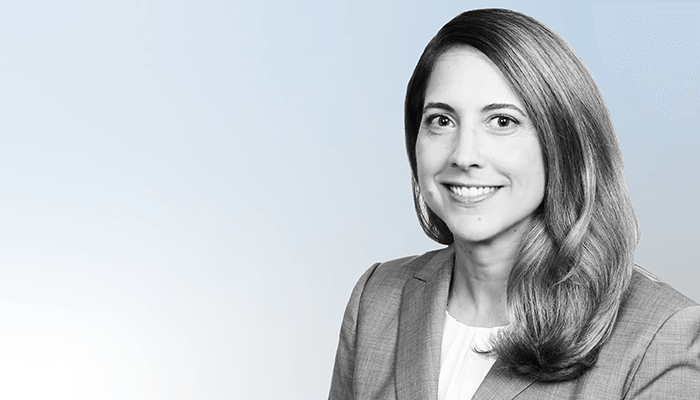
Scope, scope, and more scope. This is a term that we as ophthalmologists have had to incorporate into our daily vocabulary of late – especially those on the front lines of the fight to protect patient safety in state legislatures. As 2022 comes to a close, it’s important to reflect on legislative wins and losses across the country. Although we lost our patient safety battles in Virginia and Colorado, we celebrated a major win in California with the veto of an optometric scope expansion bill that would have allowed optometrists to perform scalpel and laser surgeries. Nonetheless, the fight for patient safety is far from finished.
It is easy to feel “battle fatigue” from the number of scope battles that come year after year, but it is important to remember that patient safety prevails far more than it fails. In other words, the vast majority of optometry’s attempts to expand scope have failed. But it takes an extraordinary amount of advocacy, energy, and money to keep our patients safe.
Fight the good fight
My hat goes off to all the state societies who, working in conjunction with the American Academy of Ophthalmology State Affairs, have dedicated their evenings and weekends, cancelled clinics to testify, and rallied the troops to stand up for our patients. We all have the same goal: to maintain the current high surgical standards for our patients by ensuring that their eye surgeries are performed by a medical or osteopathic surgeon. As one of my mentors once said, “There are no shortcuts to being a surgeon.”
In Washington State, we were successful in defeating an optometry scope of practice bill in the 2022 legislative session, but the Washington Academy of Eye Physicians and Surgeons (WAEPS) expects another scope expansion bill to be introduced in the 2023 session. Like other state ophthalmology societies fighting similar bills, WAEPS will continue to fight the good fight and stand up for patient safety – as many times as necessary.
When patients are informed about the difference between ophthalmology and optometry education, the overwhelming majority want their eye surgeries performed by an ophthalmologist. And when details of these bills make their way outside the halls of the legislature, patients are shocked that these bills are even being considered.
Become the resource
You may ask, “What can we do?” Each and every one of us has a duty to educate our state legislators, the public, and our patients on this topic. Surprisingly few healthcare providers are in state government, so legislators rely on “experts” from their districts to help them understand the nuances of these issues. Become their expert. Become their resource. Reach out to your state senators and representatives today. Let them know you are an ophthalmologist – an MD or DO – who has been to medical school and completed a surgical residency. We all have meaningful relationships with optometrists and work with them on a daily basis, but legislators need to know that there is no such thing as a “half-surgeon.”
If you are not already a member of your state society, join today and support the surgical scope fund (1). Ultimately, we have to protect our patients, who may not know the differences in education between optometrists and ophthalmologists. It is our job to make sure patients and legislators know the importance of a medical school education and surgical residency. Join national advocates, WAEPS, and the multitude of other state societies now as we continue to do the right thing – protecting our patients and helping to maintain the highest ocular surgical standards.
References
- AAO, “Surgical Scope Fund” (2022). Available at: https://bit.ly/3UMpNMl.
